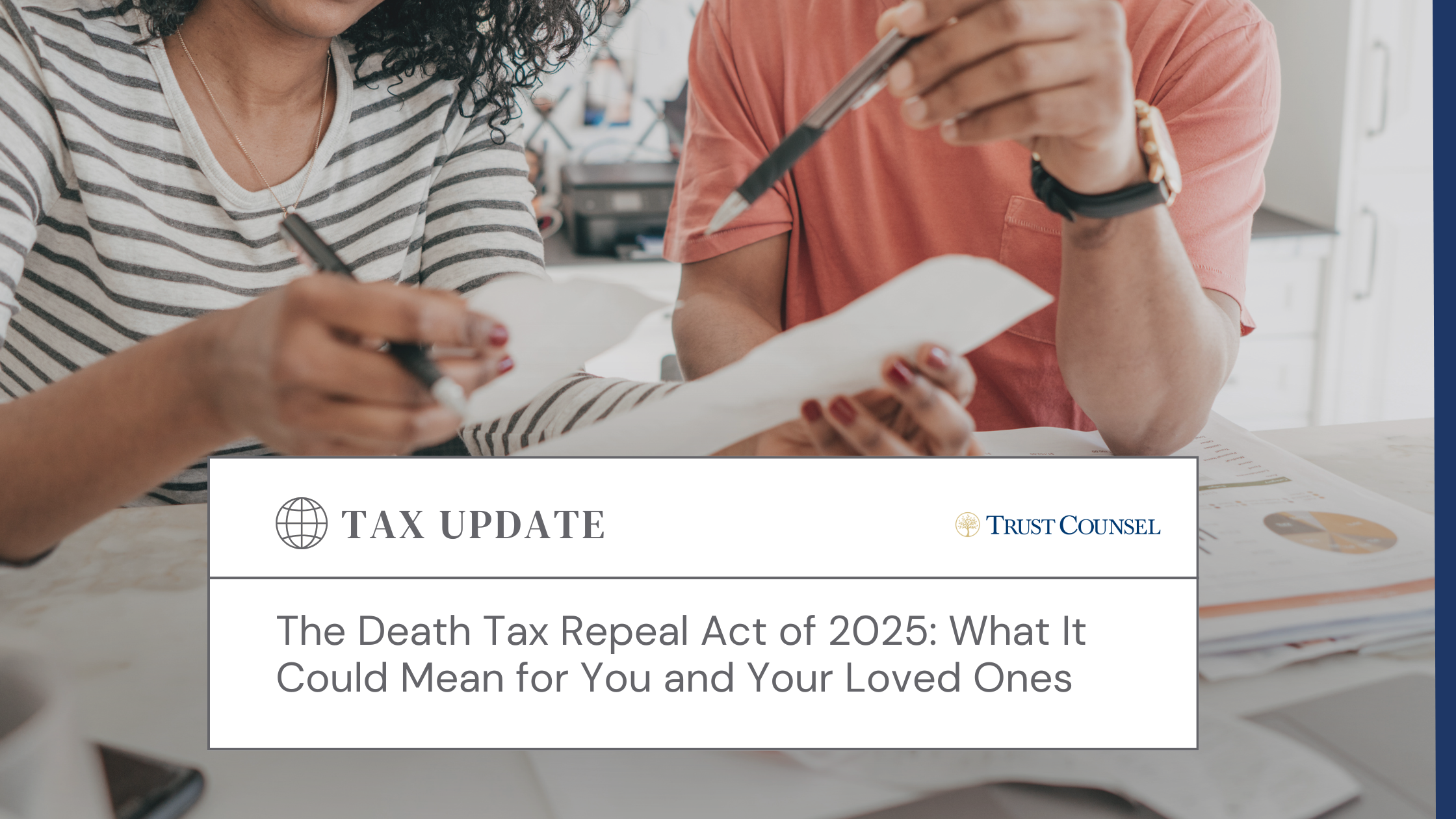Earlier this month, Hollywood’s beloved mustachioed Burt Reynolds passed away in Jupiter, Florida. He was 82.
And while we remember him for his charisma both on and off the screen, some may also recall his financial troubles in the early 1990’s—which ultimately led to his filing for Chapter 11 bankruptcy protection in 1996. Even fewer, however, understand how he was able to come out of it only two years later without having to sell his 3.4-acre waterfront “Valhalla” estate in Palm Beach, which included a 12,500-square foot mansion and a separate guest house. The quick and dirty answer: Florida’s homestead protection laws.
Once the top-grossing Hollywood movie star for five consecutive years, a series of unfortunate events began to dwindle Reynolds’ estimated net worth of $60 million (after taxes!). (When adjusted for inflation, this is the equivalent of $150 million today.) He earned significantly and spent lavishly. His real estate portfolio alone included, in addition to Valhalla:
- a 160-acre ranch (also in Florida), where he kept a stable of 150 horses;
- a mansion in Georgia, in which he never lived;
- not one, but several mansions in Beverly Hills, including another entirely new mansion for him and (now-second ex-wife) Loni Anderson in which to live;
- a lakefront property in Arkansas, just 60 miles from where he filmed the CBS sitcom “Evening Shade”; and,
- a mountaintop cabin in North Carolina, reportedly bought when he filmed “Deliverance.”
Not to mention the luxury items as well—velvet suits; silk bandannas; an inventory of toupees worth over $100,000; a private jet (and a helicopter to shuttle him to and from the private jet); and several custom-made sports cars, including the Trans Am used to promote “Smokey and the Bandit.”
And then came the sour investments: Reynolds and his long-time friend, Buddy Killen, who ran a country music label in Nashville, fell into the trap of investing in the restaurant business—an area in which neither had understanding or experience. The two each invested $20 million in a restaurant chain called Po’ Folks, purchasing a total of 30 franchises. Po’ Folks turned out to be a money pit and the two buddies were persuaded into liquidating those assets and redirecting the monies into another chain, Daisy’s Diner. That investment went south quickly. To make matters worse, Reynolds personally guaranteed the restaurant leases (i.e. he was on the hook for everything)—a business decision that any prudent adviser would have advised against. Had he created and signed on behalf of a limited liability company (LLC), he would only have been liable for the investment losses. And even though this was seemingly grounds for a suit against his advisers, they were essentially “un-suable.” Unfortunately, Reynolds had signed a release indemnifying them from all legal claims against them.
In spite of this, Burt and Loni continued to live lavishly in their multiple mansions. And when CBS signed him to star in the TV series “Evening Shade,” Reynolds asked to borrow $4 million from the network, (wrongly) assuming that he would be able to repay the loan when the series was syndicated. Well, that too did not pan out quite the way Reynolds intended. To be syndicated, a television show must have five seasons or 100 episodes; “Evening Shade” was canceled after only four seasons and 98 episodes.
If being $3.7 million in the hole with a major network was not bad enough, Burt and Loni’s five-year marriage had come to a very tumultuous end. Ultimately, Anderson walked away with a significant settlement in addition to $15,000 per month in spousal support plus an additional $9,000 per month to cover the mortgage on her $2 million home. This did not include the $47,000 per month for attorney’s fees and divorce-related expenses that Reynolds had accrued.
When CBS sued him for the unpaid debt, Reynolds was forced to file for Chapter 11 bankruptcy. Reynolds had listed $6.65 million in total assets and total debts north of $11 million owed to a laundry list of creditors, including Anderson and his toupee-maker.
If there was any “greener grass” on the other side of these markedly bad years for Reynolds, it was Florida’s homestead protection laws and the “mansion loophole” that had existed at the time.
Aside from the great weather we have down here, Florida’s laws regarding homestead property make it a debtor’s haven. (Recall O.J. Simpson’s ability to remain untouched by creditors.) If qualified as “homestead,” said property will be protected from forced sale by creditors—subject to a few exceptions, of course.
To qualify as a homestead property, four requirements must be met:
- The property must be real property. “Real property” need not necessarily be a house; it can be an apartment, condominium, mobile home, houseboat, or anything of the like, with the exception of a co-op.
- The property must be the primary residence of the owner or the owner’s family. A showing of intent to return to the residence can evidence a “primary residence.” This serves to limit a person to having only one homestead.
- The property must be owned by a natural person. For purposes of this requirement, a corporation is not considered a “natural person.” Furthermore, the property cannot be held in an irrevocable trust (i.e. a trust that specifically provides that it is “irrevocable”).
- The property is limited in size depending on its location.
- If the property is located within a municipality, such as Coral Gables, the homestead protection extends up to a half-acre of contiguous land and is limited to the residence itself.
- If the property is located outside of a municipality, the homestead protection extends up to 160 acres of contiguous land, including the residence and any improvements on the land.
Generally, a creditor seeking to satisfy the debts of the homestead-owner cannot force a sale of the property unless the creditor is one of the following types of “special” creditors:
- the government to whom taxes and/or assessments on the property are owed;
- the holder of a mortgage for purchase or improvement of the property; or,
- a contractor who has performed work on the property.
Quite simply, homestead property will be not be subject to claims of creditors as long as there are no liens voluntarily placed on the homestead as security for a debt.
In Florida, this protection is guaranteed under the state constitution. With no property value limitation, assets of unlimited value can essentially be converted into homestead property. Couple this with the pre-2005 federal bankruptcy laws and a “mansion” loophole was created. This loophole enabled debtors who moved to Florida to transform substantial, out-of-state assets into homestead-protected mansions.
And this was how the former (Florida State) football-player-turned-king-of-Hollywood was able to stave off his creditors from forcing the sale of his multi-million-dollar “Valhalla” home.





